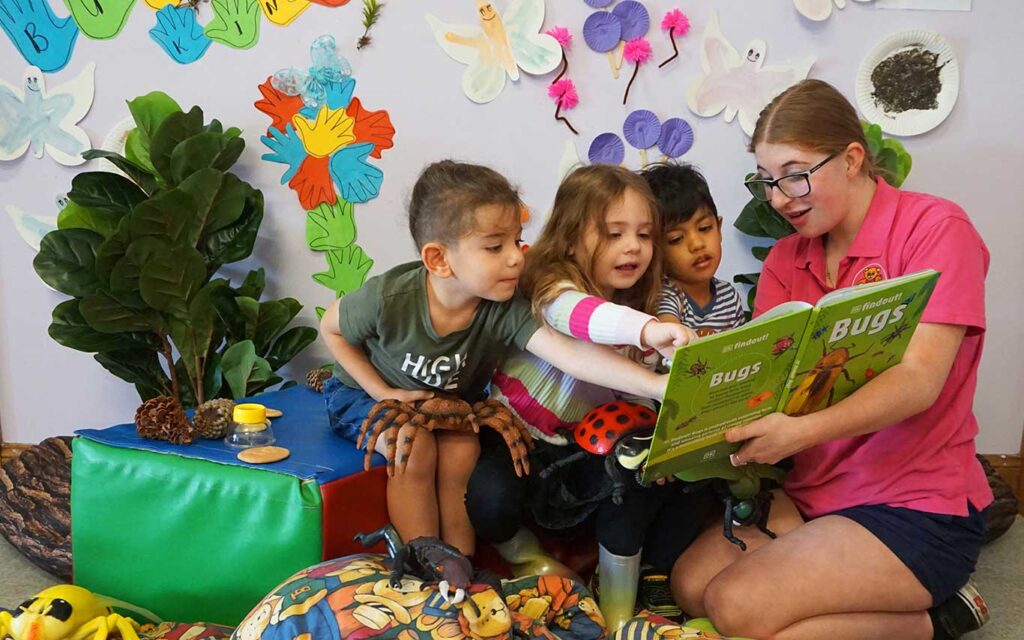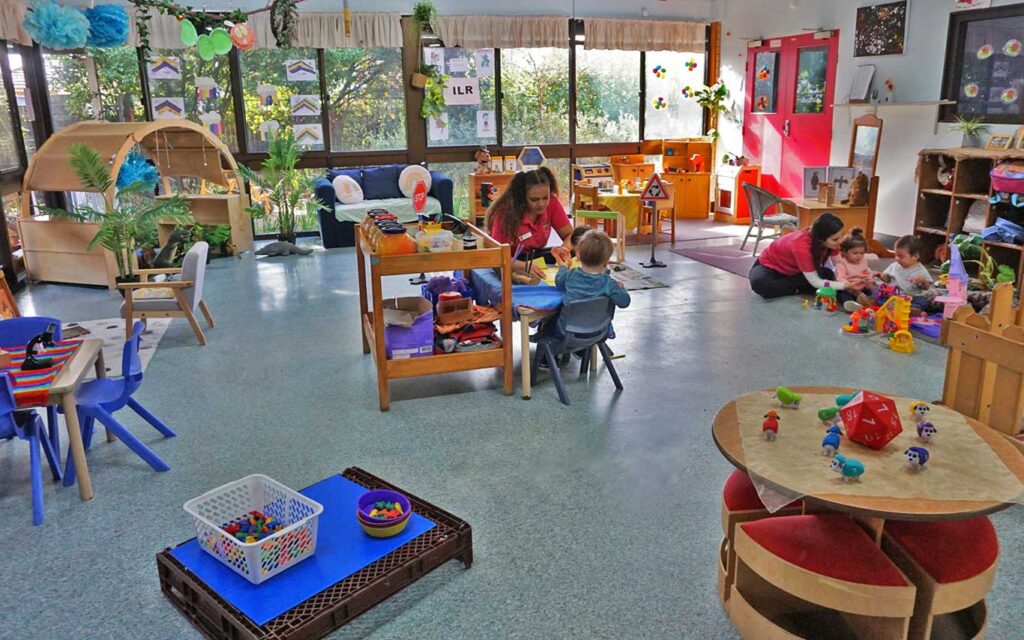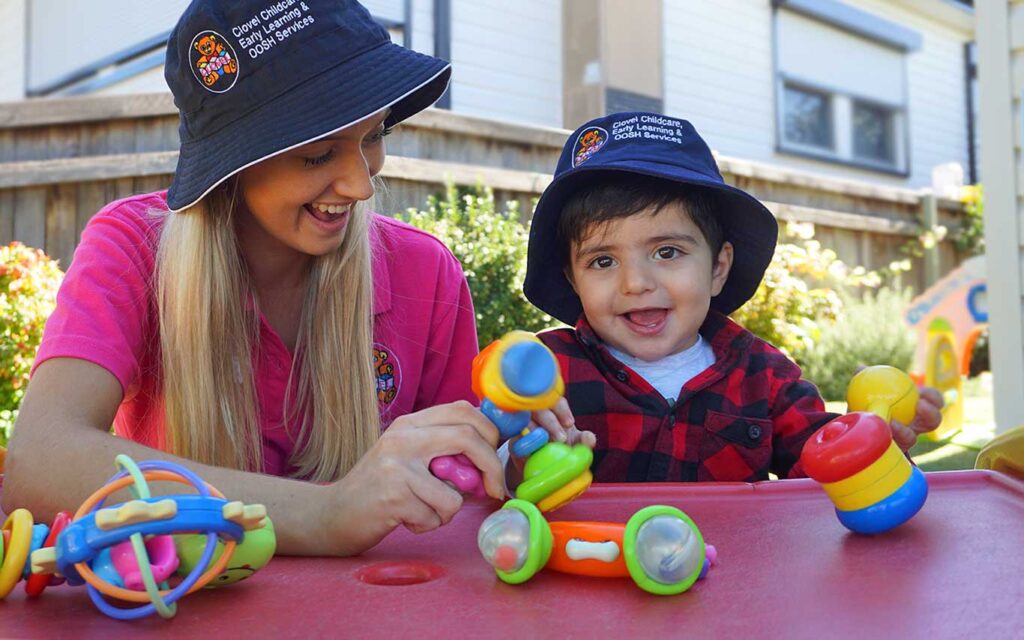Raising a child has to be one of the most difficult undertakings a person can take. Going through a full day of chores and tasks, and then slipping into bed for a good night’s rest, only to be woken moments later by your child, can be an incredibly overwhelming and exhausting experience for any parent.
Staying up through the night, worrying about your child getting enough rest, and unable to get a full night of deep rest yourself can easily snowball into a very difficult week.
If all of this sounds familiar to you, we understand what you must be going through. The good news is, we have solutions that can help. Building a routine of good sleeping habits before bedtime can help your child get the quality rest they truly need.
As a parent, understanding just how significant sleep is for your child can make a huge difference in their overall well-being, impacting everything from their mood and cognitive function to their physical development.
In this article, we’ll dive into the importance of establishing healthy sleep habits for children and offer guidance on how you can ensure your little ones (and you) sleep soundly.
Why Healthy Sleep Habits are Crucial for Young Children
Sleep is a necessity for a child’s mental, physical, and emotional well-being.
These hours are precious; they’re a crucial window to retain information, problem-solve, and rest their bodies. In fact, sleep is so essential that it directly impacts your child’s overall happiness and mood.
Here are some key reasons why a good sleep routine for children is non-negotiable.
Growth and repair
When your child is in deep sleep, their body produces hormones that help with growth and repair.
Emotional regulation
A well-rested child can cope better with their emotions and regulate their feelings. As they become more resilient, they’re able to develop social skills and have better interactions with their peers.
Cognitive development
Quality sleep will support your child’s memory consolidation and their ability to learn and process information.
At Clovel Childcare, we provide a Preschool Program and Baby Program that help your child develop these essential skills in a caring and loving space.
Expert Tips for Establishing Healthy Sleep Habits for Children
We completely understand that busy lifestyles can make it challenging to stick to a routine. Even so, getting quality shut-eye is a biological function that needs to be prioritised for our health.
Luckily, sleep comes naturally for children. The best way to encourage it is through a positive bedtime routine that cultivates a sense of safety and calm.
With enough consistency and a well-established calming routine, your child will know when it’s time to wind down and eventually learn to fall asleep all on their own.
Creating a Consistent Bedtime Routine for Children
A consistent bedtime routine for children creates a positive association with sleep.
This would typically include gentle activities for example, brushing their teeth, changing into their favourite pyjamas, and listening to a comforting bedtime story.
Establishing a bedtime routine is also a great way for you to bond, share stories, and spend quality time together.
To help your child feel secure, it’s crucial to establish a predictable routine: tuck away any devices, dim down the lights, maintain a consistent bedtime, and perform activities in the same order each night.

The Benefits of a Consistent Sleep Schedule for Preschoolers
Sleep is even more essential for preschoolers. Children at this age are rapidly growing, and getting sufficient rest will play a huge role in supporting their overall well-being.
When your child adheres to a regular sleep schedule, they benefit from sharp attention, behaviour, learning, memory, and more. This is because a sleep schedule for preschoolers will ease them into deep sleep, where their brain is actively processing information.

Overcoming Common Sleep Struggles
Establishing healthy sleep habits for children that lead to them falling sound asleep quickly is the ultimate goal, however, it’s perfectly normal to run into challenges.
If your child is experiencing difficulty falling or staying asleep, it’s important to understand why. For instance, they might be afraid of the dark, have separation anxiety, or feel some sort of discomfort.
This is why establishing a quiet environment and routine is so critical – it reduces any overstimulation and helps your child feel calm and secure. With patience and consistency, you’ll be on your way to ensuring your child gets the restorative sleep they need.

Sleep Training Tips for Parents: Teaching Children to Self-Soothe
The core purpose of sleep training is to teach your child to fall asleep on their own.
When your child wakes you up in the middle of the night, it’s instinctive to want to comfort and hold them until they fall asleep. However, sleep training teaches your child to self-soothe.
There are many techniques to explore, such as the Ferber method or the fading method, which provide children the time and space they need to learn this important skill.

How to Handle Sleep Regression in Young Children
It can be disheartening when your child’s healthy sleep pattern, once established, suddenly gets disrupted. Rest assured, it’s an essential part of your child’s development.
This is called sleep regression, and it usually occurs when your child is going through significant changes.
The most important way to handle sleep regression is with a calm and consistent presence. By maintaining a bedtime routine that’s predictable, your child will feel comforted and safe.

Children's Sleep Health Advice: Tips for Ensuring Quality Rest Every Night
Learning to sleep is a skill, and it’s a skill your child can absolutely learn. They just need a little guidance, patience, and consistency from you.
Taking proactive steps to create a calming environment, reduce their screen time before bed, and even ensure that they’re eating well during the day can improve your child’s quality of sleep tremendously.
Creating a consistent bedtime routine for children can help them sleep like a baby through the night in no time.

FAQs on Child Development Stages
How much sleep should my child get each night?
The recommended hours of sleep will vary depending on your child’s age.
- Toddlers (1-2 years): 11-14 hours, including naps
- Preschool (3-5 years): 10-13 hours, including naps
- School-age (6-13 years): 9-12 hours
- Teens: (14-17 years): 8-10 hours
What is the best bedtime routine for young children?
A good bedtime routine for children usually consists of 3 or 4 activities. For example, taking a bath, brushing their teeth, changing into their pyjamas, and reading a story together.
What can I do if my child resists going to bed?
It’s important to respond with patience, rather than frustration. A calming environment can help your child transition from play to rest, and maintaining a firm bedtime routine will support this.
How can I create a sleep schedule for my preschooler?
Set a consistent bedtime to encourage healthy sleeping habits. As part of their routine, you can dim down the lights, listen to calm music, switch off devices an hour before, and encourage quiet time.
What are the common sleep challenges for toddlers, and how can I address them?
It’s common for children to wake up at night because of nightmares, separation anxiety, or overstimulation before bed. In the case of nightmares, parents can offer comfort and reassurance.
To help them overcome separation anxiety, children need to feel a sense of security.
This can be achieved through a consistent bedtime routine, comfort objects, reassurance, and even practising short separations during the day.
When should I start sleep training my child?
According to experts, 5 to 6 months old is the sweet spot to begin sleep training, as children are old enough to self-soothe.












